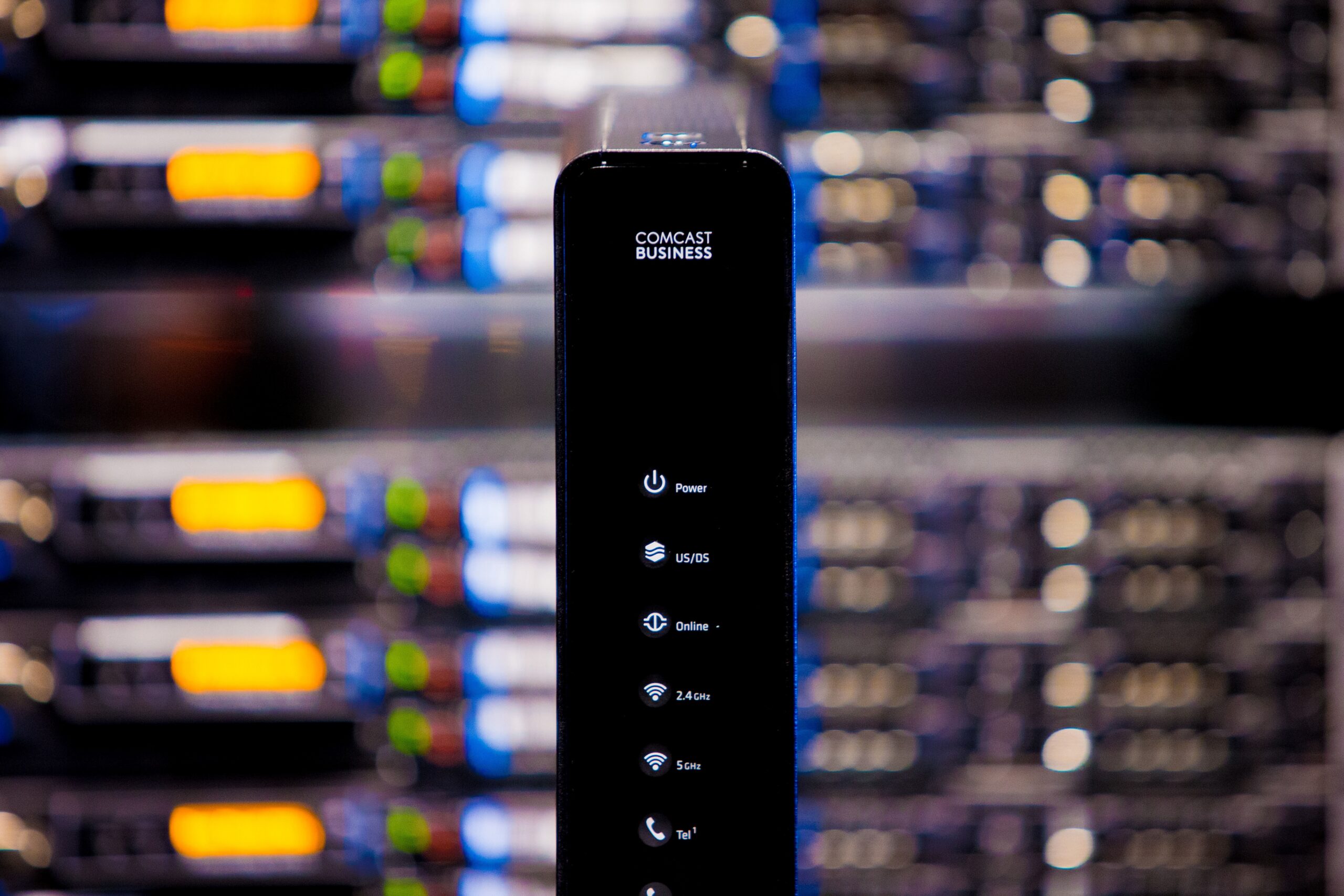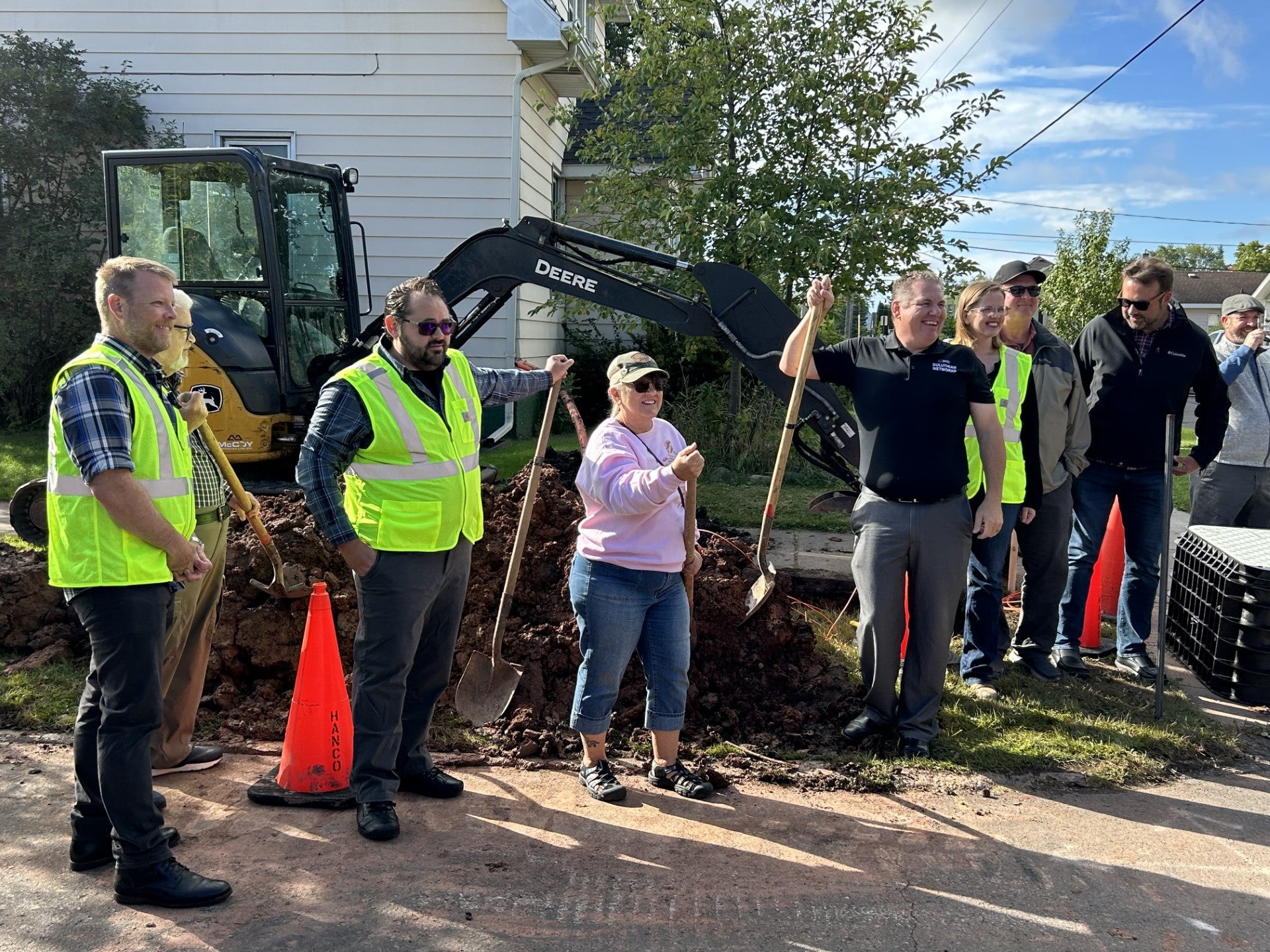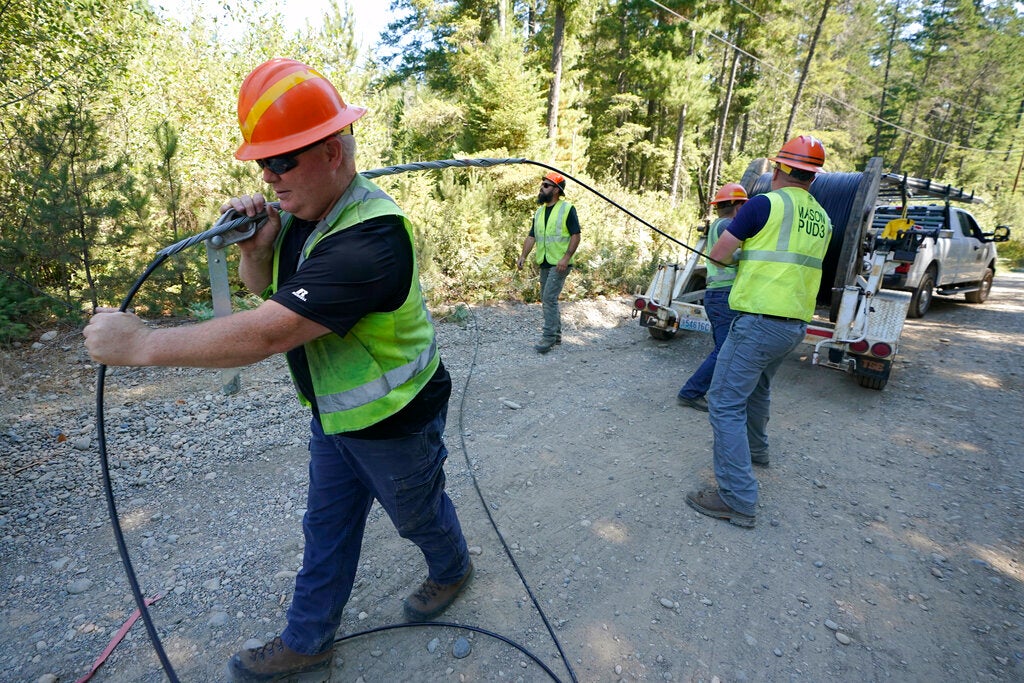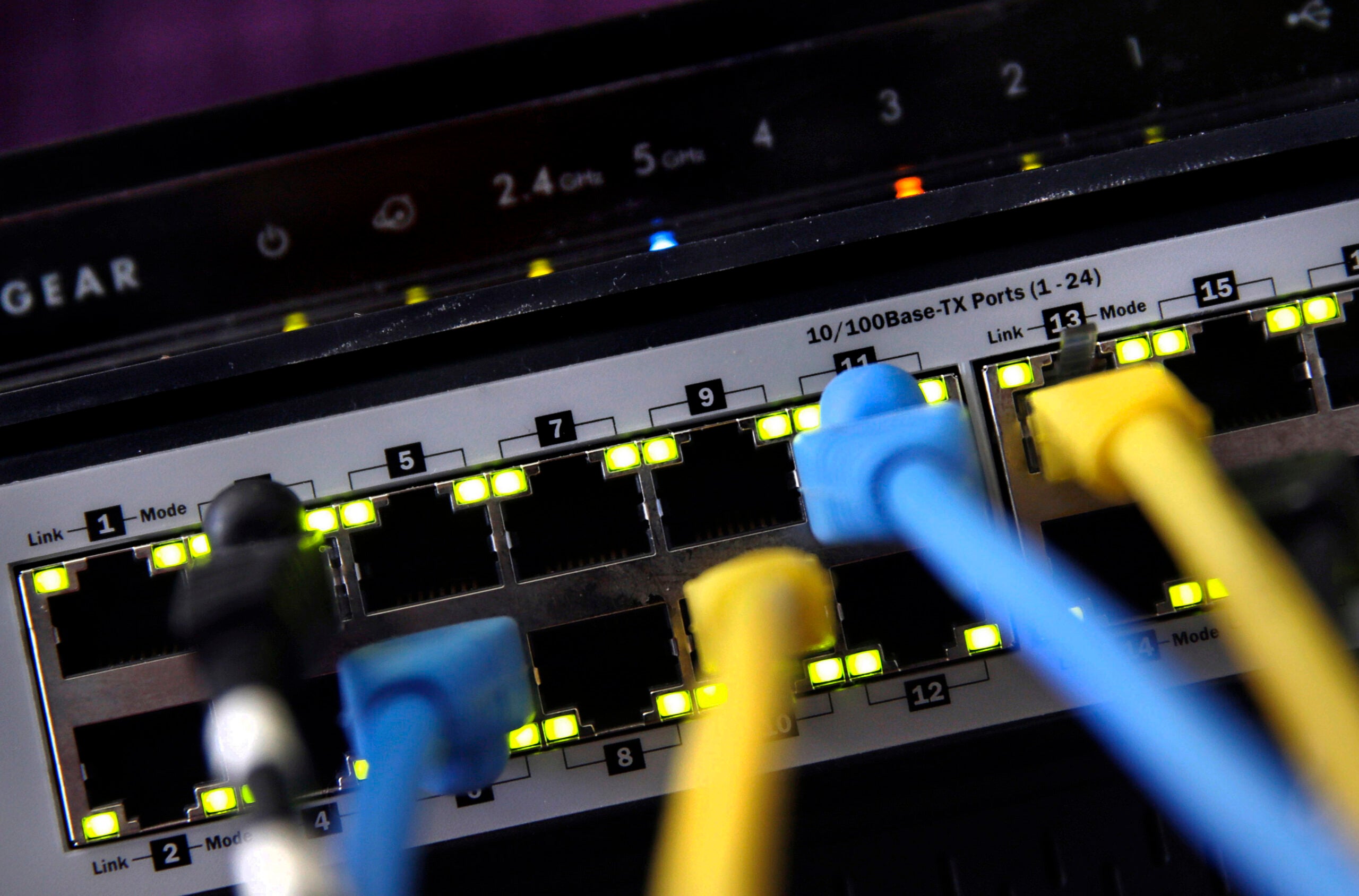State regulators are awarding around $100 million in COVID-19 stimulus funds to expand broadband internet to nearly 30,000 homes and businesses.
The funding, announced Thursday, represents the single-largest investment in improving access to high-speed internet across Wisconsin.
The funding from the $1.9 trillion American Rescue Plan Act will support 83 projects across 40 counties and three tribal lands, the Public Service Commission said in a release Friday.
News with a little more humanity
WPR’s “Wisconsin Today” newsletter keeps you connected to the state you love without feeling overwhelmed. No paywall. No agenda. No corporate filter.
“Expanding reliable, high-speed internet access remains a top priority for our state and we continue to move quickly to get federal funding allocated so construction on these projects can begin as soon as possible,” said Gov. Tony Evers in a statement. “Since 2019, with state and federal dollars we’ve approved projects that will connect over 300,000 homes and businesses with access to new or improved broadband. We are making sure our communities bounce back better from the pandemic.”
The infusion of COVID-19 relief funds is above and beyond the $78 million in grants that the state has awarded since 2014. Evers declared 2021 the “Year of Broadband Access” and set aside $100 million in American Rescue Plan funding to expand broadband. The governor also proposed $200 million in state funding, but Republican lawmakers scaled that figure back to $129 million under the current two-year budget.
The PSC received 242 applications that requested more than $440 million for internet expansion. The commission exclusively funded fiber projects in unserved or underserved areas, according to Alyssa Kenney, state broadband and digital equity director.
“We’ve seen over the course of the pandemic, and even before that, just really exponential increasing need for bandwidth and capacity,” said Kenney. “Fiber is really going to provide a solution for communities and residents far, far into the future.”
High-speed internet is particularly lacking in rural areas where there are fewer people who live further apart, making it difficult to justify the business case for expanding fiber infrastructure to homes. Around 394,000 people lack high-speed internet statewide — the vast majority, or roughly 385,000 residents, live in rural Wisconsin, according to the Federal Communications Commission.
The cost to install fiber can run $35,000 per mile or even double that in rural areas, according to Chad Young, CEO and general manager of Norvado. The northern Wisconsin internet service provider is set to receive funding for five projects across Bayfield, Sawyer and Price counties. In Price County, Norvado plans to provide fiber to more than 1,400 homes and businesses with the aid of nearly $2 million in American Rescue Plan funds.
“It’ll really help us get that done much faster than we would have been able to otherwise, and we know that people are screaming for faster internet and fiber in particular,” said Chad Young, general manager and CEO of Norvado.
Young added that other awards will help Norvado provide internet to areas that currently lack fiber altogether.
Tim Kusilek, general manager of Nextgen Communications, said that’s the case for some of their customers in St. Croix and Dunn counties. Internet speeds are currently far below the FCC standard for broadband internet. Nextgen is set to receive around $2.1 million for a roughly $3.5 million project to expand broadband internet to more than 1,100 homes and businesses.
“With the pandemic, schoolwork, work-from-home, and just plain anything you do anymore needs that bandwidth,” said Kusilek.
Kusilek said he gets calls weekly from people living in Minneapolis who inquire about fiber access as they weigh moving out of the city to work remotely in Wisconsin.
“The only way they will move here is if they have fiber optic connection,” he said.
Kenney said the commission has hired additional staff to track and oversee grant projects. Providers may receive some reimbursement for costs going back to March of this year. Most will receive reimbursement for projects as they’re constructed, which must be completed by the end of 2024. The commission expects to finalize awards in the next several weeks.
Wisconsin Public Radio, © Copyright 2026, Board of Regents of the University of Wisconsin System and Wisconsin Educational Communications Board.





